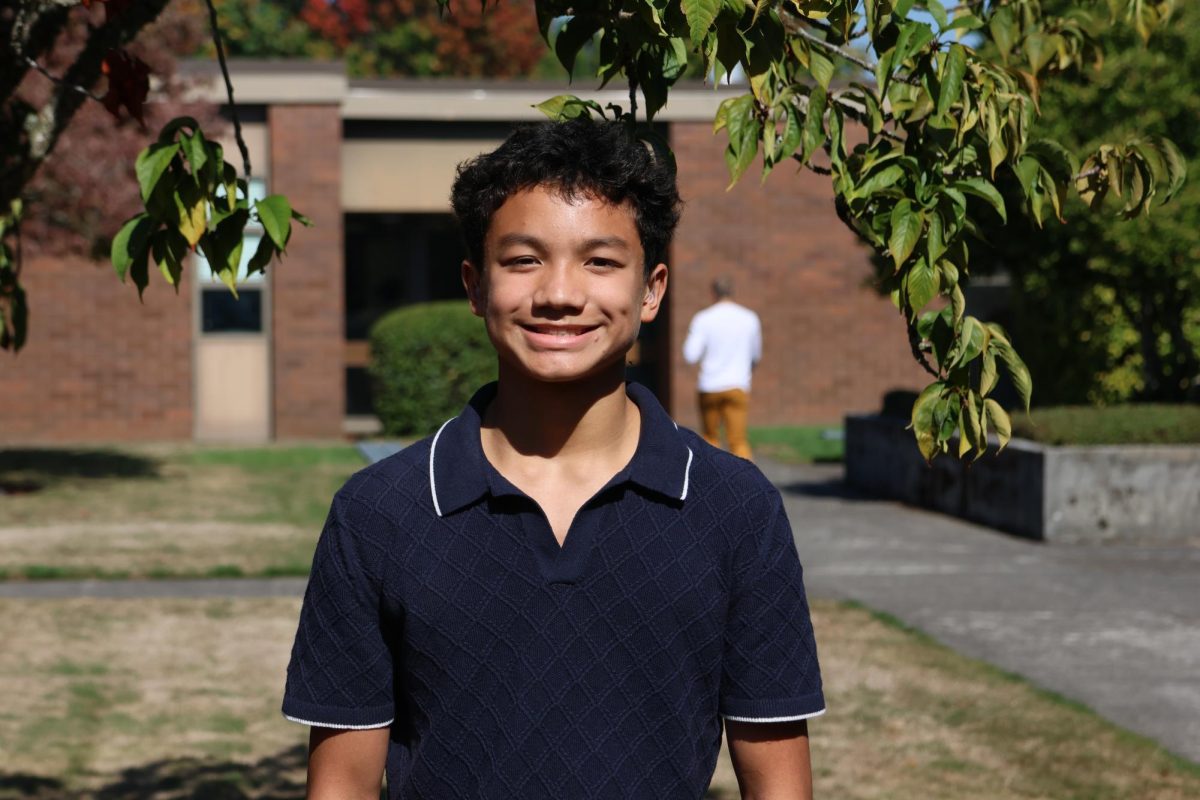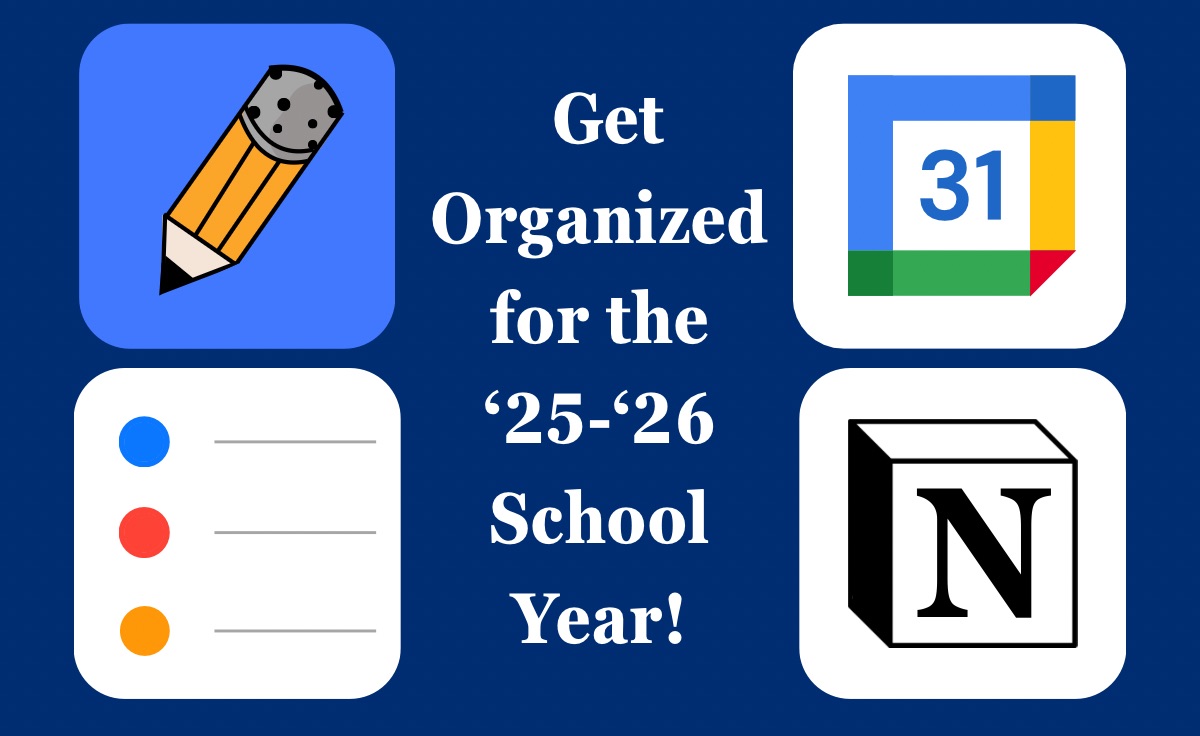High school is an important part of most teens’ futures — it helps to set them up for success. And for many students, pursuing things beyond just the classroom is in their best interests for both the present and the future.
So they get jobs.
Through the halls of La Salle, a significant number of students are balancing both school and extracurricular activities. Within that group, there are many who maintain not only an extracurricular alongside school, but a job on top of it all — 22.5% of all high schoolers, to be exact.
Whether it be because of reasons related to financial stability or for personal benefit, having a job proves to be a common after-school activity for many of La Salle’s student population.
“With weekdays and weeknights, I work around 22 hours a week,” said senior Dayanara Day, who works at the shoe store Journeys.
Overall, for the seven students spoken to by the Falconer for this article, the consensus is clear: doing well in school is important, but so is having a job.
Even so, the reality of taking on everything at once is that it can be difficult to balance the schoolwork at a college preparatory high school knowing a long shift will follow.
“Keeping up with the work and school balance has been hard, especially with how much I work,” junior Aidra O’Hanlon said, who works around four-hour shifts almost every day after school at Old Navy.
However, for many, finding the appropriate strategies to help balance busy schedules can be valuable.
In senior Ivan Ramirez’s case, time management is the biggest factor in accomplishing schoolwork on top of handling a job at Jamba Juice.
Ramirez’s go-to strategy in terms of homework is “doing the heaviest piece of homework as soon as I get home and then waking up early to finish the rest before school.”
Junior Adina Dominitz shared a similar tactic when approaching her schoolwork. She tries to manage her time effectively in order to ensure the workload isn’t too overbearing.
When school is over, her method is to “try to lock in when I get home and not be on my phone for hours and actually do my work.”
Dominitz also shared that she competes in lacrosse, which she said does not coincide with work. She tries to keep her sports schedule from overlapping with her work, because for her, school and sports come first.
For many students, the decision of which responsibility to prioritize can be a difficult one. And often, for them, school comes before income.
“My parents always tell me this too — school always comes first before anything,” said sophomore Trent Earls, who works for Sah-Hah-Lee Golf Course.
In other circumstances, however, work is more of a priority. For junior Kaitlin Carter, work life as well as sports have a place a little ahead of everything else.
“I base everything around my work schedule,” Carter said.
When it comes to the balance between work, school, and extracurricular activities, Carter has her priorities set.
“I prioritize my sports first and then my work and then my school work,” Carter said.
Day feels similarly to Carter. She too places emphasis on her work and does what she can to be sure her schedule is centered around it.
“Coming up with time management skills that I can create into a habit, especially if I know the shifts that I’m working, I can plan my schedule for the week about when I’m going to work on a project or when I’m going to study,” Day said.
The decision of which task students stress most varies based on their different circumstances, but no matter the case, both school and extracurriculars are still highly valued by each individual.
“Work and school are more of my priorities at this current moment and take up a majority of my time every week,” said junior Luke Wardwell, who works at Chipotle.
As the students’ experiences show, it always comes down to having to balance both regardless of what is a higher priority, so they take the measures that must be taken to get it all done.
Earls shares that he works as early as 5 a.m. in the mornings every Saturday and Sunday — and occasionally before school.
He rarely has the time to get satisfactory hours of sleep, yet he enjoys it because, “I get my job done and out of the way so I don’t have to worry about it for the rest of the day, and it’s not conflicting with anything else in my schedule,” he said.
On a similar note, junior Luke Wardwell explained that he too has a difficult time getting enough sleep because of his work schedule, saying, “a lot of nights I end up staying up pretty late working on [school] work and trying to get it in before the next day.”
Why is this? Why do some students feel pushing themselves so much is necessary?
For Trent Earls and Luke Wardwell, this is their way of saving up in hopes of being able to get a car in the future.
For Dayanara Day, it’s her way of purchasing concert tickets.
For Aidra O’Hanlon, this is her way of paying for car insurance.
And for many other students, this is just another piece to their puzzle.
Although students feel having a job is necessary in most cases, it does create a lot of challenges for them along the way.
One challenge in particular that is a pattern among students is finding personal time for oneself.
“School already takes up so much of my time and my classes right now are really starting to ramp up. So, I mean, really trying to find time for myself is hard,” O’Hanlon said.
Like O’Hanlon, Carter — after spending 16-18 hours a week at work — just wants to occupy time by kicking back and relaxing, but instead has schoolwork waiting for her at home.
“It can be hard coming home at 10:30 [p.m.] and still having schoolwork to do, but then just being so tired that I just feel dead,” Carter said.
Day also has trouble with making enough time for herself. She feels she is constantly busy and never gets a chance to breathe.
“When you get kind of loaded with schoolwork, I don’t really ever feel like I have a break,” she said. “Like I’ll go from school and then I’ll go to work, and then I’ll go home and do homework.”
Despite the challenges these students are faced with, they are able to gain some valuable takeaways from having a job that will set them up for future accomplishments.
Day explains that for her, working has helped her to develop good people skills, which she knows will benefit her in the future.
Dominitz seconds that. She feels it gives her much-needed experience working with others.
“It’s taught me how to work with people who are different than me,” she said.
From Wardwell’s perspective, having a job will have an impact on his life in the future and his development as a person.
“[Work] will definitely show itself to be beneficial in the future as I continue to work and hopefully stand as a foundation for my personal and professional growth,” Wardwell said.
Aside from the fact that jobs provide students with valuable life skills, finding one that aligns with personal interests can make the process more enjoyable.
“If you’re going to look for a job, at least find something that you somewhat want to do, because it’ll help you in the long run do a better job, pass the time quicker, and you’ll actually maybe enjoy it,” Earls said.
Students tend to feel that working jobs they actually like causes things to go by faster. The faster things go, the closer they get to time to work on schoolwork.
The importance of being intentional with job choices is something that students can name as a key factor in reaching success in their work.
Notably, collaboration is something students find value in to help balance their heavy workload.
“Making sure to communicate is probably one of the biggest things,” Carter said.
La Salle students working part time jobs agree that openly conveying availability is one of the most important ways to succeed in balancing many things at once. Whether that is talking to bosses or teachers, it ensures a more stress-free schedule all around.
“I’ve been getting a lot better at communication, especially with my bosses and everything for time off,” O’Hanlon said.
For hardworking students, work can be stressful. However, students shared that finding a happy, low-stress workplace can allow it to become a place that feels like home.
Day likes her work community “because it’s kind of like my second family,” she said. “It makes working really fun.”
Even though work can feel like an extra hassle to be done after school on top of stacks of homework, helpful strategies like good communication as well as pursuing personal passions when choosing a job can allow it to be a place that is much more enjoyable — a place that feels like home.











